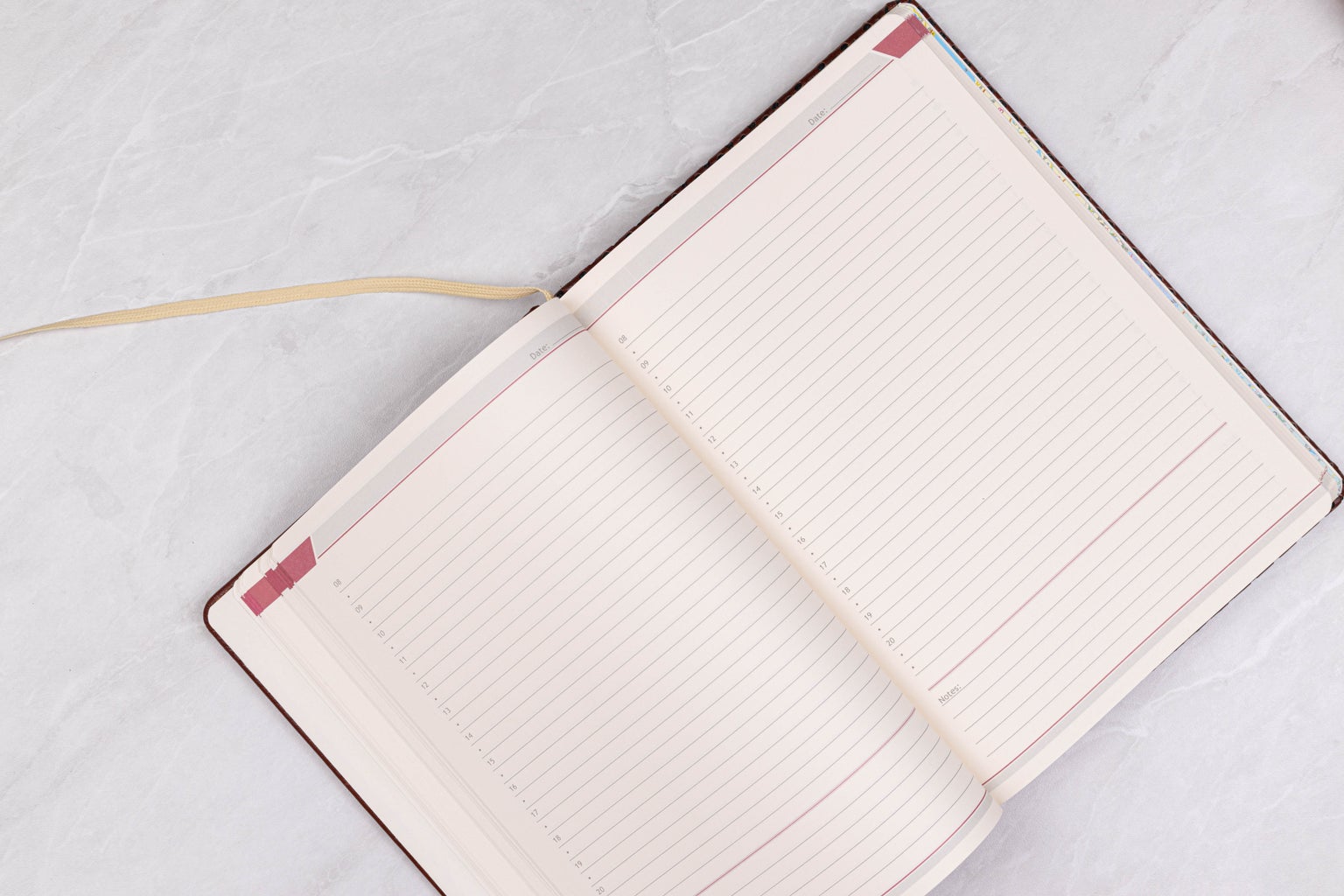Something lost from pre-covid life is the in-person, maskless therapy experience. Going to therapy was an event I looked forward to. Getting ready and making the commute to sit on the couch while disclosing my most pressing dilemmas was a recurring experience. The consistency of routinely scheduled appointments and the overall atmosphere were comforting. The friendly receptionist, free drinks, and being in a space that is solely dedicated to mental health are temporarily curative in themselves.
The Covid-19 pandemic has veered many services online, including therapy appointments. The popularity of telehealth has caused practitioners to continue to treat patients online exclusively. As someone who has not seen the inside of her therapist’s office in two years, I can say that virtual appointments are just not the same. They feel less intentional since they are now done remotely. The lack of human interaction depersonalizes the therapy experience and I long for the day I get to return.
To improve the productivity of my own appointments, I made a list of measures to have my virtual appointments resemble the in-person therapy experience.
Clean your space
It would be a bad sign if you showed up at a therapist’s office and it was a mess. So relatedly, it wouldn’t make sense to have your at-home therapy space be messy, either. Visible clutter is distracting, and a clean space can help you think clearer. So even if you’re doing your appointment in bed—make your bed, fluff your pillows and throw a clean blanket on your bed. Getting in the routine of cleaning your space also sets your intention before starting your session.
Take notes
It’s pretty normal to find yourself on tangents in therapy. Getting lost in a web of thoughts, feelings, and memories makes it easy to lose track of what you initially wanted to discuss. On the other hand, I’ve experienced a mental block, and as soon as the appointment starts, I can’t think of a single thing to say. To avoid both situations, I find it best to come prepared. Coming ready with talking points and topics helps you stay focused in sessions.
Keep a running list of thoughts and things in a journal or your notes app and review it before appointments. The list can be anything from a significant event or an idea that crossed your mind on a morning walk. This makes it easier when you’re lost for words or want to stay on the most pressing topics.
I find it also helps to write down comments and feedback from the therapist. This serves as a visual reminder from a trusted source after the session is over.
Make a warm beverage
One of my core memories of therapy is going to an office where they always offered me a bottle of water or a cup of tea before my appointment started. The act of holding a warm mug, with a preferably non-caffeinated beverage in it, provided comfort in an occasionally uncomfortable situation. It gave my hands something preoccupying to do. Since then, I’ve tried to sustain that practice. During virtual therapy, sticking to a routine is essential for emulating the therapy environment at home.

Move your body
Therapy sessions can be emotionally draining. Maybe you said something you’d never said out loud, perhaps you brought up some trauma you thought you’d healed from, or maybe you’re just tired from having to talk so much. So when your appointment ends, feeling tired, irritable, and/or angsty is understandable. I find the best way to process feelings is through movement. Go for a walk, go to the gym, take a dance break, or do anything to get your body moving. Use physical activity post-therapy as either an outlet to feel your feelings or an opportunity to distract yourself from them temporarily.
Call a loved one
After an appointment, I sometimes feel a little off, distracted and out of my body. So to snap me out of a post-therapy funk, I found that talking to a friend or other loved ones is the best solution. Calling a friend specifically to ask them about themselves is one of my favourite things. Hearing a familiar and comfortable voice lightens the mood and changes the subject from whatever was discussed in therapy. This is also an opportunity to catch up with a friend to find out what they are doing in the day, their classes, and relationships when your mind is most clear.
Although the therapy environment has changed, the feeling and overall experience doesn’t have to. By intentionally creating a therapy routine, you can make the most of virtual therapy.






